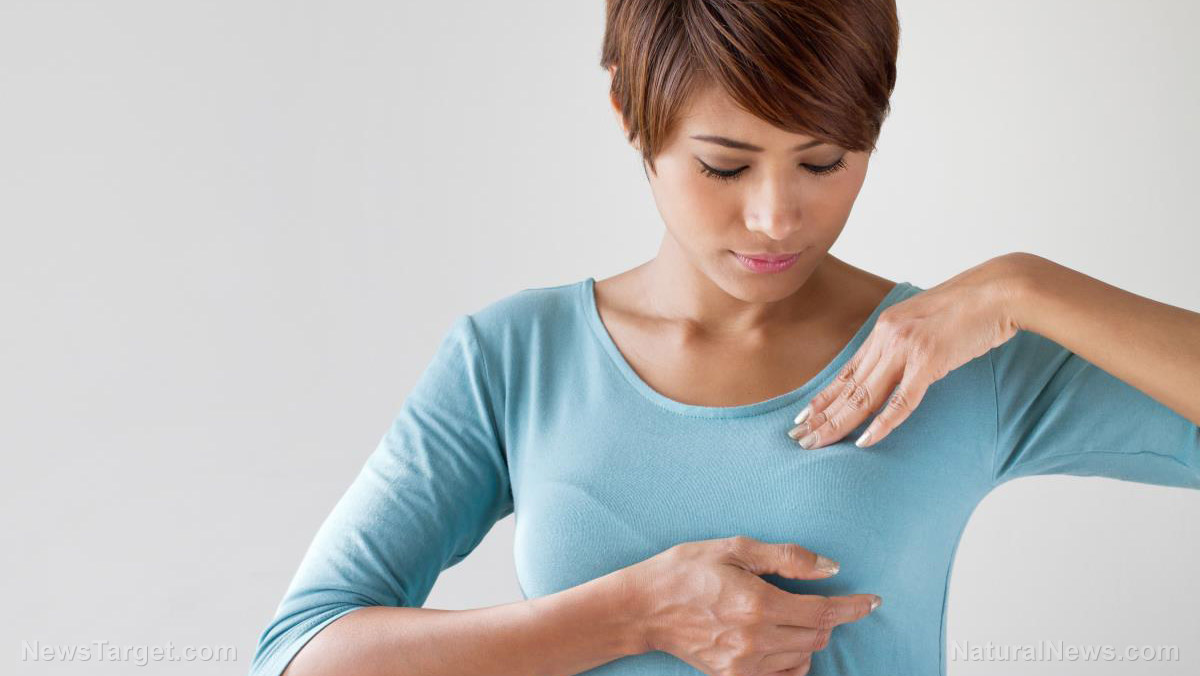
A veteran movie actor from Hong Kong was found dead in his isolation quarters while undergoing mandatory Wuhan coronavirus (COVID-19) quarantine.
Kenneth Tsang, 86, was found dead in his hotel room in Hong Kong's Tsim Sha Tsui district on April 27. The actor, whose career spanned more than half a century, was undergoing the city's required quarantine for COVID-19. Tsang was required to undergo a mandatory isolation period after he returned from a Singapore trip two days earlier on April 25.
Tsang was discovered unconscious in his room after he failed to respond to health care workers conducting daily checks. The veteran actor was pronounced dead at the scene. According to local media, Tsang had tested negative for COVID-19 and had no underlying medical conditions.
The Shanghai-born Tsang obtained an architecture degree at the University of California, Berkeley but opted to focus on the silver screen. He made his acting debut in 1955 and had 20 movies under his belt in 1969 alone. Tsang became a regular leading man in several detective and kung fu films as the years passed.
The veteran actor made his Hollywood debut in the 1998 film "The Replacement Killers" alongside fellow movie star Chow Yun-Fat. He subsequently acted in the 2001 film "Rush Hour 2" alongside Jackie Chan and the 2002 film "Die Another Day," with Pierce Brosnan playing the role of James Bond.
Under current Hong Kong rules, travelers from overseas like Tsang are required to undergo a mandatory quarantine period of up to 14 days. This quarantine must be done at a designated hotel at isolating travelers' own expense.
The former British territory had been dealing with a surge in COVID-19 cases since January of this year, driven mainly by the more infectious yet milder omicron variant. Hong Kong reported 430 new COVID-19 infections on April 27, an increase of 83 from the previous day. (Related: World Alternative Media host slams Hong Kong for forcing people into camps based on nonexistent omicron cases – Brighteon.TV.)
Strict COVID-19 restrictions had been put in place, but had also been slightly relaxed. As of April 21, restaurants were allowed to operate until 10 p.m. with four customers to a table. Beauty parlors, gyms, theme parks, cinemas and other leisure establishments were allowed to reopen – albeit with a 50 percent capacity.
Residents of HK apartments stand up against order to send them to quarantine camps
Almost a year before Tsang's death, residents in several Hong Kong apartment complexes resisted plans by health authorities to isolate them in quarantine camps.
The South China Morning Post (SCMP) reported in May 2021 that dozens of residents were allowed to quarantine themselves in their homes. More than 4,900 occupants of the Royalton I apartment in Pok Fu Lam and an apartment block at the Caribbean Coast complex in Tung Chung signed a petition to permit them to stay home. The Caribbean Coast petitioners argued that they were losing income, the health of elderly residents were affected and students were unable to take university admission exams.
"We are not disputing the quarantine request. We just want to be allowed to do so from where we feel the safest: in our homes," said Royalton I resident Jonathan Cummings. He added that Hong Kong health authorities told residents who refused to leave the building that they would be allowed to stay. According to Cummings, around half of the 30 households at Royalton I opted to stay.
University of Hong Kong clinical associate professor Dr. Christian Fang Xinshuo voiced out his disappointment toward the mandatory quarantine. He said two of his neighbors were loaded on a bus toward the quarantine camp and eight of his neighbors were on another one.
"It's a nuisance to residents and a waste of resources to transfer so many people to quarantine centers. Why not seal off the building so everyone can stay inside their homes? This could help prevent cross-infection during transfer," Fang told SCMP.
Pandemic.news has more stories about mandatory COVID-19 quarantine in Hong Kong.
Watch this SCMP report below about the quarantine experience in the special administrative region.
This video is from the BishopInternational channel on Brighteon.com.
More related stories:
Hong Kong residents stand up against plan to send them to coronavirus prison camps.
Sources include:
Please contact us for more information.


















